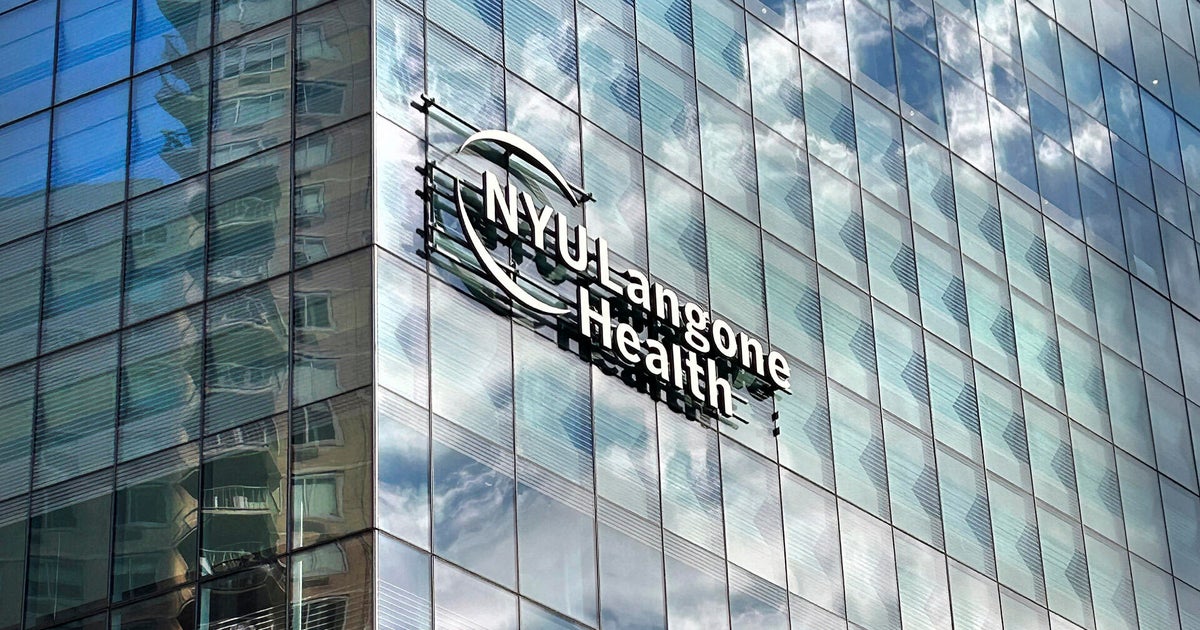AIDS Advocates, State Rep. Protest Cuts To Assistance
CHICAGO (CBS) -- HIV prevention advocates and a state lawmaker are protesting a decision that would dramatically lower the limit for which Illinoisans can qualify for AIDS drug assistance.
On April 15, the Illinois Department of Public Health announced plans that would change the income cutoff for the AIDS Drug Assistance Program (ADAP) from five times the federal poverty level, or $54,450 a year per person, to three times the poverty level, or $32,670, the AIDS Foundation of Chicago reported.
ADAP is jointly funded by the federal and state governments, and provides HIV drugs to more than 4,200 Illinoisans who could not otherwise afford them, the AIDS Foundation said. They cost up to $18,000 a year.
Under the proposed chains, current ADAP recipients who make more than 300 times the poverty level would be grandfathered in, so long as they reapply for the program every six months and meet other eligibility criteria, the AIDS Foundation said.
But the foundation called the move potentially disastrous for HIV and AIDS patients.
"This is a sad day for the fight against HIV/AIDS in Illinois," said AIDS Foundation president and chief executive officer David Ernesto Munar said in a news release. "The new policy will keep ADAP out-of-reach for hundreds of individuals who have nowhere else to turn for help. Many will simply forgo treatment, at great risk to themselves and their partners."
State Rep. Sara Feigenholtz (D-Chicago), who represents the Lakeview neighborhood, has also come out against the plan.
Feigenholtz says the Department of Public Health rents an office at 122 S. Michigan Ave. for $882,000 a year, and should consider cutting that before cutting HIV/AIDS assistance, according to an Illinois Observer article to which Feigenholtz linked on her Facebook page.
Feigenholtz said in the article that she is "furious" with the department's decision and had been "working like a dog" to stop it.
Munar tells Gay Chicago Magazine that the state will only save $1.3 million a year by turning away AIDS patients that are currently eligible for assistance, which he calls "not a lot of money."
Participation in ADAP is at record numbers, due to the Great Recession and loss of insurance, the AIDS Foundation says. Across the country, nearly 8,000 HIV-positive people in 11 states are on the waiting list for ADAP, according to the foundation.
What do you think about the change in eligibility rules for HIV/AIDS drug assistance? Leave a comment below







